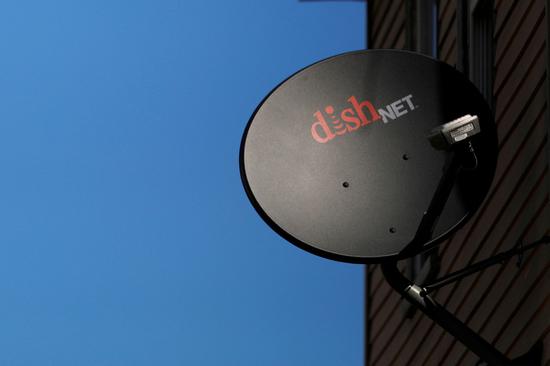Space junk fine highlights safety urgency
The first-ever fine for space junk was issued in early October in an unprecedented case of off-planet environmental enforcement.
The television company, Dish Network, was hit with a $125,000 fine by the United States government for failing to remove a satellite in orbit that would have risked a collision with other space equipment, a safety concern that will only grow with time as off-planet activities increase.
According to NASA, debris orbiting in space can travel up to 15 kilometers per second, which is nearly 10 times faster than the velocity of a bullet. A huge amount of damage can be caused by something just a few centimeters in size, meaning that every effort must be taken to keep space as clear as possible.
More than one million pieces of small debris are estimated to be currently circulating within Earth's orbit, with each piece easily carrying enough force to take out a spacecraft, leaving it in a hazardous environment if unchecked. Even the International Space Station has to routinely maneuver itself in order to avoid debris.
Collisions that take place in space have an effect back on Earth. Damaged satellites impact our ability to use the internet and navigation, leaving increasingly global critical infrastructure in a precarious state.
One solution for this may be to send autonomous space vehicles into orbit, which can then capture and effectively de-orbit space junk. By utilizing tools such as robotic arms, nets or harpoons, this approach would require very precise trajectories and fine coordination in order to be successful. Currently, it is only in the research stages.
Such measures are yet to catch up with the sheer increase in space activity and pollution currently occurring. Therefore, fines and regulatory enforcement may presently be the only realistic method to hold organizations accountable.
The Dish Network satellite, fined $125,000 by the Federal Communications Commission, failed to de-orbit as a lack of fuel stopped the satellite from fully decommissioning a safe distance from Earth, falling short by around 75 miles (120 kilometers). It is hoped that significant fines like these will serve as a deterrent for companies, compelling them to prioritize the safe decommissioning of their space operations.
Prevention is key, as countless debris fragments are too small to track. Therefore, fostering a culture of responsibility is important as space operations become more common over time. Nearly 2,000 satellites are currently orbiting Earth, with all needing a clean and safe path to orbit, along with a reliable method of safe disposal.

